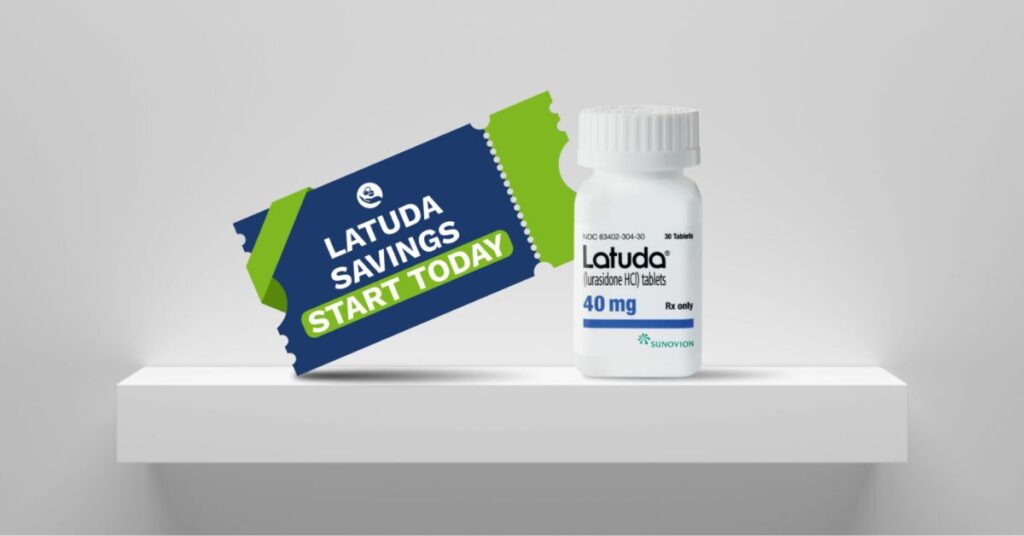The realm of mental health treatment often relies on medications like Latuda to manage conditions such as schizophrenia and bipolar depression. However, the cost of obtaining these prescriptions can present a significant hurdle for many individuals. Understanding the dynamics of Latuda cost unveils the challenges and potential strategies to enhance accessibility to crucial mental health support.
Latuda, recognized for its efficacy in addressing symptoms like hallucinations, mood fluctuations, and cognitive disruptions, stands as a cornerstone in mental health therapy. Yet, the financial aspect of acquiring such medications can be prohibitive, hindering individuals from accessing consistent treatment.
The price of Latuda can fluctuate based on various factors. Dosage strength is a primary influencer, with higher doses often correlating to higher costs. Additionally, geographical location and the availability of generic versions can impact the medication’s price. Brand-name medications like Latuda might incur more substantial expenses compared to generic alternatives, influencing affordability for patients.
Insurance coverage and individual health plans play a critical role in determining out-of-pocket expenses for Latuda. Some insurance plans offer better coverage for prescription medications, alleviating the financial burden for patients. However, individuals lacking adequate insurance coverage or facing high deductibles might encounter considerable costs when purchasing Latuda.
To address the financial challenges associated with Latuda, pharmaceutical companies often provide assistance programs, savings cards, or coupons aimed at reducing the medication’s cost. These resources serve as avenues to alleviate financial strain, making the medication more accessible for those facing financial constraints.
Another consideration impacting Latuda’s cost is the duration of treatment. Long-term therapy requires consistent refills, leading to cumulative expenses. Patients need to consider the ongoing costs associated with maintaining their treatment regimen when assessing the affordability of Latuda.
Navigating the cost of Latuda involves active engagement with healthcare providers and pharmacies. Patients can explore various options, such as discussing alternative medications with similar efficacy but lower costs, opting for generic versions if available, or inquiring about assistance programs offered by the manufacturer to mitigate expenses.
Despite these efforts, the cost of Latuda remains a considerable challenge for some individuals. This financial barrier may lead to treatment non-adherence or difficulties in accessing necessary medications, potentially impacting their mental health management.
Understanding the factors influencing Latuda’s cost is crucial for individuals seeking mental health treatment. While the medication proves efficacious in managing symptoms, its affordability remains a significant concern for many. Exploring avenues such as insurance coverage, assistance programs, and alternative options can contribute to making Latuda more accessible and manageable for individuals striving to prioritize their mental health.

